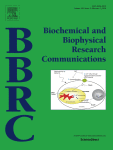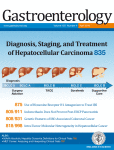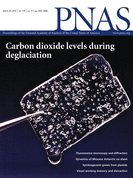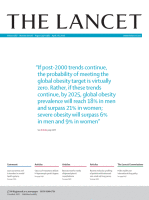
 Here’s an interesting case: We’ve found two retracted papers that describe the same gene, and both have nearly identical retraction notices. What’s unusual is that the two papers don’t have any authors in common, and appeared in two different journals published by two different companies.
Here’s an interesting case: We’ve found two retracted papers that describe the same gene, and both have nearly identical retraction notices. What’s unusual is that the two papers don’t have any authors in common, and appeared in two different journals published by two different companies.
The cause of both papers’ demise: Plagiarism, and use of unpublished data without permission “from an unnamed source,” who wishes to remain that way. The author of one of the papers confirmed to us that the unnamed source is a “3rd party service company.” Springer told us that the third party in the other paper, however, is another researcher.
It’s a puzzling case, to be sure. We think we have uncovered some of what happened, but remain slightly fuzzy on the details.
Here’s the first retraction, for “KDM3A interacted with p53K372me1 and regulated p53 binding to PUMA in gastric cancer,” originally published online September 30 by Biochemical and Biophysical Research Communications:







 Since we reported Friday that multiple authors had asked to remove their names from a high-profile 2011 Lancet paper about a risky transplant surgery, a
Since we reported Friday that multiple authors had asked to remove their names from a high-profile 2011 Lancet paper about a risky transplant surgery, a 